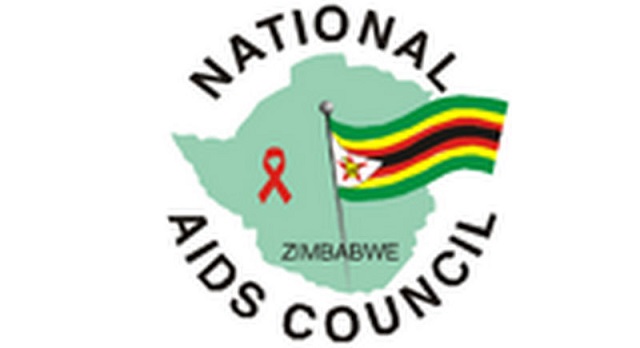
The Sunday News

Robin Muchetu, Senior Reporter
ZIMBABWE has recorded a decrease in the number of new HIV infections in 2022 while Antiretroviral Therapy coverage has significantly increased, wins that the National Aids Council is proud of and seeks to maintain.
This was highlighted by the Chief Executive Officer (CEO) of NAC Dr Bernard Madzima at the World Aids Day (WAD) commemorations this morning.
He said the country was meeting for WAD under significantly improved conditions following the recession of the Covid-19 threat although it is still present.
“After taking some knocks from the Covid-19 pandemic in 2020, the national response has been on a recovery trajectory. The number of new HIV infections dropped from 24,900 in 2020 to 22,800 in 2021, while the antiretroviral therapy coverage rose from 92 percent to 92.43 percent of the 1,301,400 people living with HIV during the same period. Half way through the pursuit of the 95-95-95, we are proud that Zimbabwe has already achieved these targets,” said Dr Madzima.
The UNAIDS targets state that 95 percent of the population in countries must know their HIV status, 95 percent of that population must be initiated on ARV’s and 95 percent must achieve and maintain viral suppression in an effort to end AIDS by 2030.
Dr Madzima said in addition to the high impact HIV prevention interventions that include HIV testing, condoms, prevention of mother to child transmission, pre and post exposure prophylaxis, voluntary medical male circumcision and treatment as prevention implemented by various partners, the National AIDS Council is implementing various peer led models for demand generation across all districts to improve uptake of the interventions.
“These models have led to high uptake of services by previously marginalized groups such as adolescent girls and young women, sex workers and men who have sex with men. We have also deliberately targeted boys and men through specific models and engagement mobilization campaigns, through which we have sought to address cemented cultural beliefs that perpetuate gender imbalances and raise women’s exposure to HIV.
While these achievements have been pleasing, there is a lot we still have to do to ensure that we are an irreversible path towards ending AIDS by 2030,” he said.
He said the council will optimize sub-population and geographic specific HIV prevention services, coupled with those that address threats from drug resistant TB, non-communicable diseases and the busting of social safety nets.
“In recognition of the close association between HIV and non-communicable diseases, NAC has increased support towards cancer programmes, in particular cervical cancer for which we have provided several screening machines. As a way to promote equalization and equity in the response, NAC has embarked on social contracting, an approach through which we financially and technically support key community-based organization to implement agreed programmes towards the achievement of the 95-95-95 targets,” he said.
NAC said various organisations are already receiving the said support across the provinces and are playing a part in the implementation of the HIV prevention models, which seek to ensure that services reach most at risk and population groups with the highest number new infections.
In addition to the ongoing monitoring and evaluation of the response interventions, NAC with support from various partners is leading a mid-term review process of the fourth Zimbabwe National HIV and AIDS Strategic Plan (2021-25).
“The review is intended to assess the progress, relevance, effectiveness, efficiency and sustainability of strategies in the ZNASP IV leading to re-alignment of the strategy and its targets towards ending inequalities and pandemics,” said Dr Madzima.
He further highlighted that Zimbabwe was selected to host the International Conference on AIDS and STIUs in Africa (ICASA) next year saying as NAC, they were very excited about the opportunity, which will enable them and the entire response including communities to share with the entire continent and globe the progress recorded towards epidemic control.
“ICASA will open Zimbabwe up to the world and in addition to scientific and technological health benefits; the conference will have significant economic transformational results,” he said.
He said the theme this year is “Equalise”, which is a call to action to address inequalities in access and utilization of HIV and AIDS services largely by most at risk and left-out groups.
@NyembeziMu



